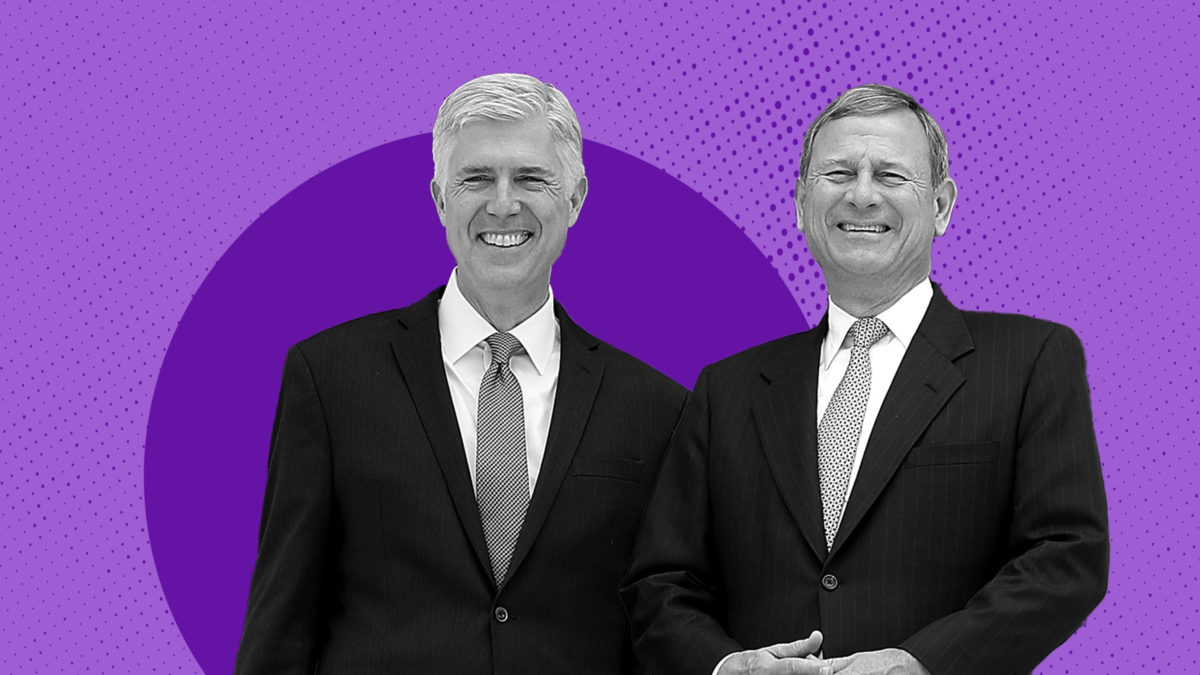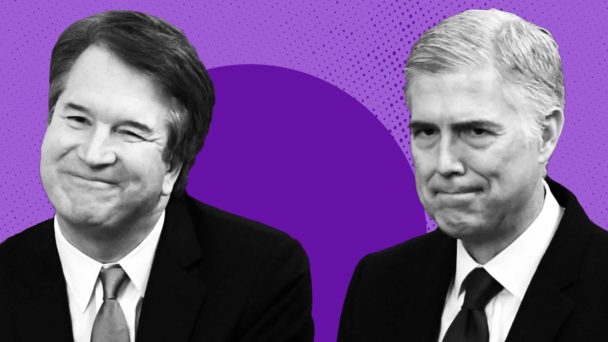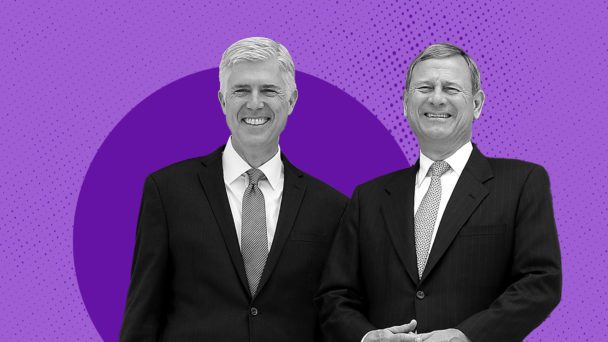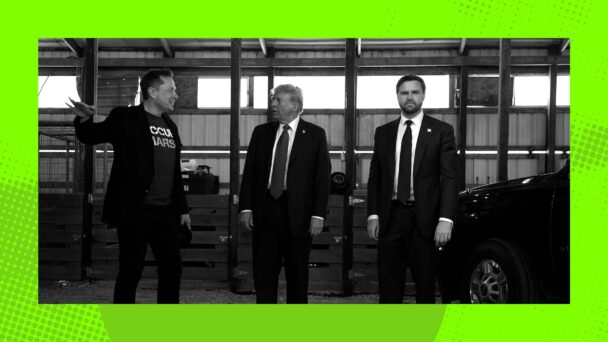For decades, the U.S. Air Force has been using and disposing of chemicals at an industrial manufacturing plant it owns near Tucson, Arizona. These substances, some of which are known as “forever chemicals” due to their long lifespans and extraordinary resistance to degradation, have now seeped into the groundwater underneath the Air Force facility.
Exposure to even low levels of these chemicals can have adverse effects on the human body, including damage to the liver, kidneys, and immune and cardiovascular systems. And in Tucson, the concentrations are thousands of times higher than the maximum contaminant levels allowed by the Environmental Protection Agency. To make matters worse, there’s currently no system in place to contain or treat the contamination, which allows the chemicals to migrate into the city’s main source of drinking water.
Earlier this year, the EPA concluded that conditions in Tucson “may present an imminent and substantial endangerment to the health of persons.” And in May, pursuant to its authority to enforce the Safe Drinking Water Act, the EPA ordered the Air Force to abate the hazard it created, or face the possibility of paying tens of thousands of dollars in civil penalties.
But yesterday, The Guardian reported that the Air Force is refusing to comply with the EPA’s order, claiming that the Supreme Court’s June 2024 decision in Loper Bright Enterprises v. Raimondo means it doesn’t have to. According to The Guardian, the Air Force’s response to the EPA cites Loper Bright as evidence that “the EPA’s order can not withstand review.”
Judicial review isn’t actually on the table here—one arm of the executive branch can’t sue another—so the White House would eventually resolve this disagreement in-house. But if it sides with the Air Force, the Air Force will presumably continue to not take responsibility for the deadly pollution it caused. Even more ominously, in future cases where private-sector companies don’t feel like following the law, the Air Force may set an example for these other polluters to follow.
“We don’t have to clean up our mess” is a pretty audacious conclusion to draw from Loper Bright, a case in which the Supreme Court’s Republican supermajority overturned a 40-year-old case called Chevron v. NRDC. Under Chevron, if there was ambiguity about how an administrative agency should apply a law enacted by Congress, courts would defer to the agency’s interpretation of its own authority, so long as that interpretation was “reasonable.” For decades, this approach left technical, policy-driven questions to politically accountable experts, rather than unaccountable federal judges who don’t know their nitrogen oxide from their laughing gas.
Now that the Court has overruled Chevron, judges are free to second-guess administrative agencies willy-nilly. But again, Chevron and Loper Bright are about agency interpretations of ambiguous statutes, not the details of an agency’s day-to-day work; there’s nothing in Loper Bright that suggests the Air Force can pick up and decide to not follow EPA orders going forward. The Air Force’s attempt to dramatically expand Loper Bright’s scope is “very odd,” Stanford law professor Deborah Ann Sivas told The Guardian. “It feels almost like an intimidation tactic, but it will be interesting to see if others take this approach and it bleeds over.”
While the Air Force’s ambitious interpretation of Loper Bright may be sloppy, it’s also predictable. The Supreme Court has made clear, over and over, that judges don’t have to listen to administrative agencies, so now, entities regulated by those administrative agencies are saying they don’t have to listen, either. They feel empowered to ignore regulations they don’t want to follow because they know the conservative-packed courts don’t want to enforce them against anyone. When lawbreaking polluters are given inches, they take miles.
In the pre-Loper Bright world, Congress permitted agencies to use their best judgment in implementing their statutory mandates. Court watchers and environmentalists alike warned that if the justices were to overturn Chevron, it would become harder for agencies to enforce the rules that Americans’ health and safety depends on. Those warnings are already proving correct.





